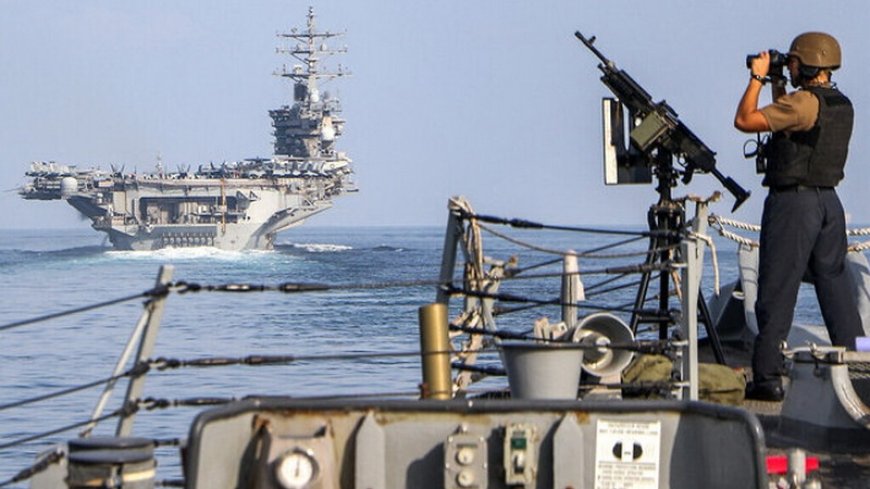Israeli media said that following Iran's unprecedented response to the aggressive actions of the Zionist regime during Operation Honest Promise and rising tensions in the region, US authorities believe that the country's military power in the region will not be enough to withstand Iran in the event of a direct confrontation between Iran and Iran. the Zionist regime.
Following Iran's legitimate response to the Zionist regime's attack on the Iranian consulate in Damascus during Operation Promise and the US military's support for its main ally in the region, Israeli media reported that current and former US officials believe their military The region is not prepared to handle a large-scale and prolonged conflict, and the Pentagon may need to reconsider its military requirements if the crisis in the region worsens.
Last Saturday night, Iran launched Operation Honest Promise against targets in the occupied territories in response to a terrorist attack on an Iranian diplomatic facility in Syria that martyred 13 military commanders and consulate staff in Damascus.
In an operation that Iran said was limited and aimed only at punishing the aggressive actions of the Zionist regime, dozens of drones and missiles were fired into the occupied territories.
Israeli media reported that Iran's April 14 attack was the most concentrated and coordinated attack using precision-guided munitions (guided missiles) in global security history, with them launched from numerous bases and from distances of 1,000 to 1,500 km.
Although Iran has stressed that it does not seek to escalate tensions in the region to prevent a full-scale war and that its only goal was to punish the Zionist regime for its aggressive actions, the Times of Israel, quoting Michael Mulroy, one of the administration's former assistant defense secretaries Trump, writes: “I don’t think we would have enough forces to support Israel in the event of a direct war between them (the Zionist regime) and Iran.”
Following the October 7 Operation Al-Aqsa Storm carried out by Hamas against the Zionist regime and the outbreak of the Gaza War, which led to increased tensions in the West Asian region, the United States sent thousands of its troops to the region, despite the fact that in recent Over the years, their number has gradually decreased.
America, which has fueled instability in the Middle East with devastating wars in Afghanistan and Iraq, says it has maintained military bases in those countries to help local forces in Iraq and Syria fight Daesh (ISIS).
But many of the U.S. troops recently deployed to the region are cruisers and warplanes temporarily moving in and out of the region.
The Times of Israel says that in the current conditions in the region, “the American strategy of relying on rapid military deployment is being tested.”
The article states: "Joseph Votel, a retired US Army four-star general who commanded US Forces in West Asia, says: 'The implication of this situation for the US Army is whether we are talking about what are the necessary and long-term capabilities that should be supported in the region? Let's think again."
Despite statements by Votel, the former head of CENTCOM and other former US officials about the “success” of the United States in repelling, together with Israel, a massive attack of Iranian drones and missiles. He says: "I think the main problem is our ability to react quickly over a long period of time."














































